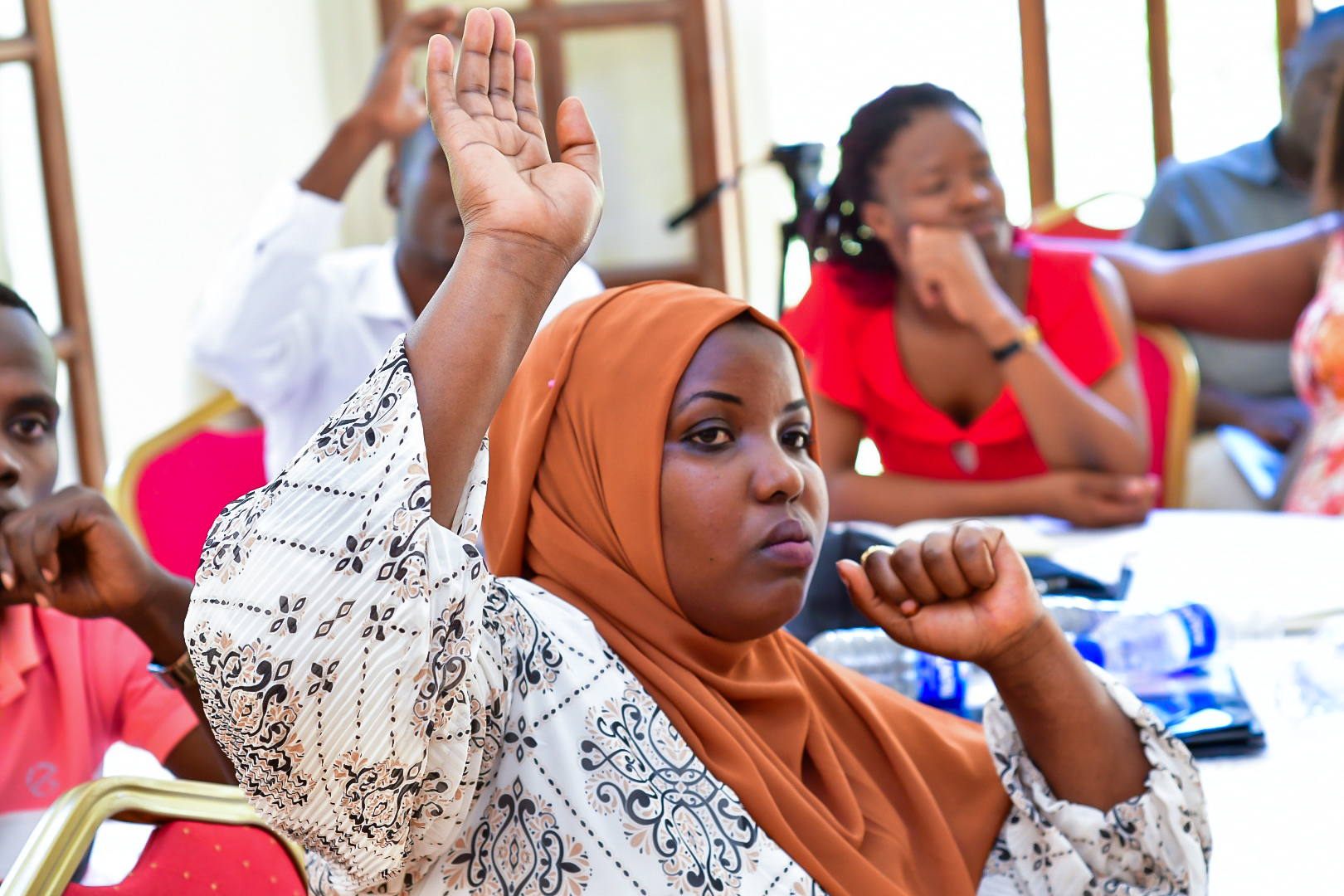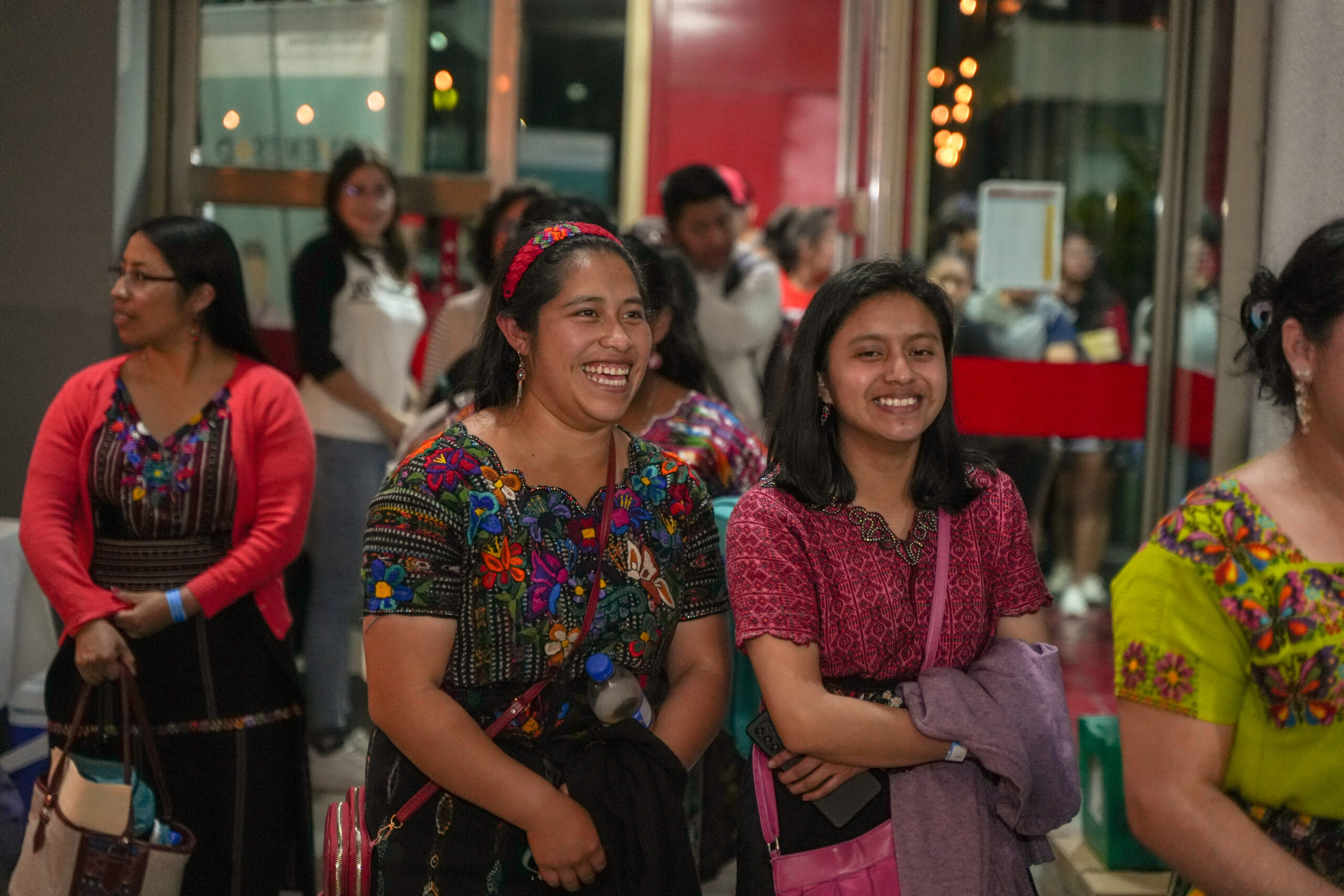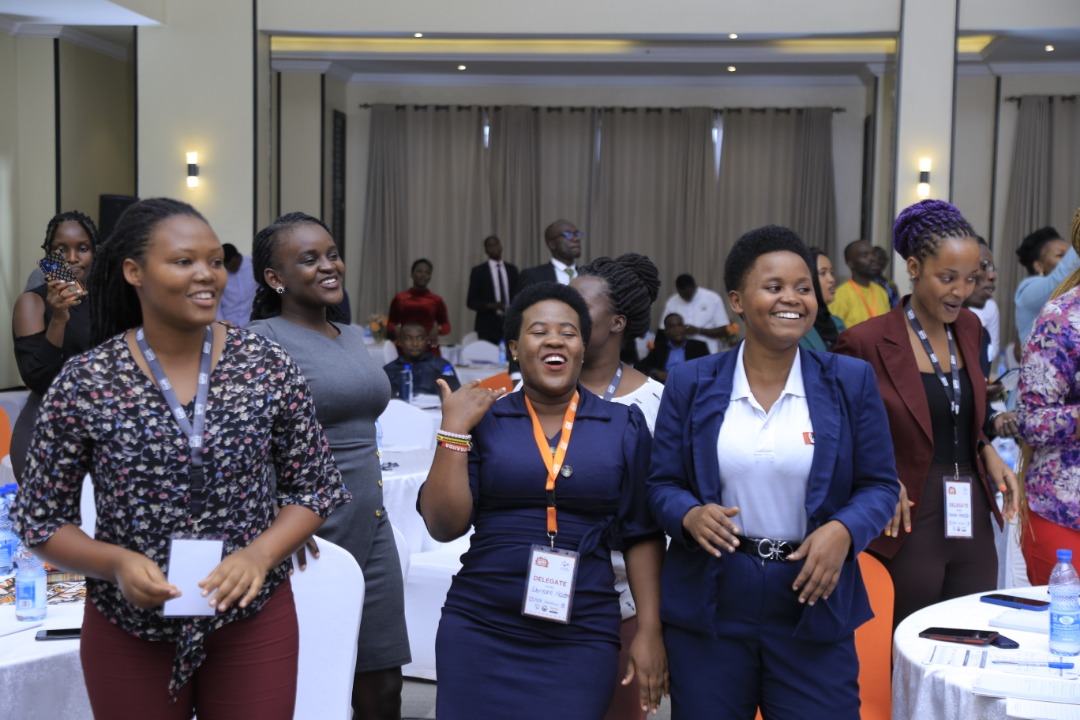Women in Politics
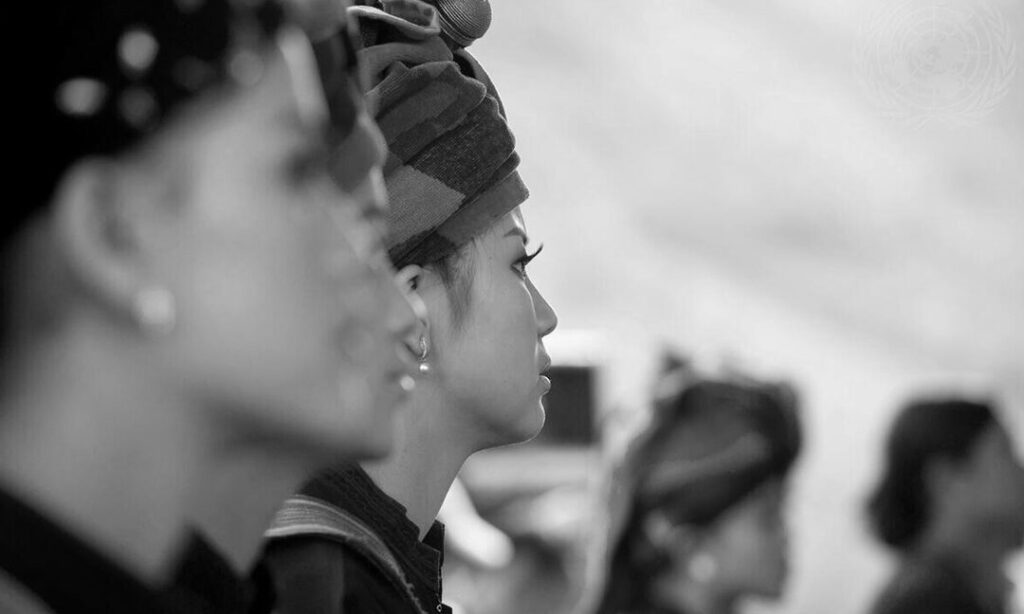
As part of our wider objective of increasing political participation among structurally under-represented groups, NIMD works to promote the participation of women in politics. The political participation of women, in all their diversity, is essential for any inclusive and responsive democracy.
- Our Goals
- Our Approach
- Women in peace
- Practical examples
- Our Collaborations
Our Goals
Of course, enhancing women’s political participation is about respecting their fundamental human right to have a say in their societies. But it’s also more than that. Inclusive decision-making processes, where everyone’s voice is heard, often result in higher quality, more effective policies. The diverse perspectives that women offer foster inclusive governance and social cohesion, ultimately promoting economic growth and reducing conflict.
And more stable and inclusive societies are vital for a more peaceful world. When the root causes of global insecurity are tackled within countries through inclusive and responsive democracies, this paves the way towards a world marked by peace and stability.
A Voice for all women
If we want to achieve this, we must go further than giving women a seat at the table. Representation in politics is not enough: women must also have true influence. They must have access to decision-making at all levels, where they can actively shape their societies.
At NIMD, we are committed to ensuring that women from all parts of society have equal opportunities to access political roles and positions of influence. That’s why we strive to work with women from across all sectors of society, reaching beyond large urban areas and into the communities to engage with women who have traditionally faced most challenges in having their voices heard.
We also recognize that women who also belong to other structurally excluded groups – such as indigenous women – often face extra barriers to meaningful participation. That’s why we actively ensure that women from different backgrounds, age groups and demographics incorporate their perspective at every stage of the planning and implementation of our programmes.
Our Approach
Through all our work to increase the political participation of women, we aim to inspire change at different levels.
Of course, at the most basic level, we aim to bring more women to the policy-making table. But we realize that, even once women have a seat at that table, cultural norms can influence political dynamics. At NIMD, we make sure that our approach is rooted in an in-depth understanding and analysis of the culture, including how gender stereotypes and norms shape power dynamics and political opportunities.
Through all our work to increase the political participation of women, we aim to inspire change at different levels.
And we work, through our dialogue and Democracy Schools, to stimulate a more inclusive culture within politics.
Lastly, we work to change the rules of the game. We know that, in many countries, the existing political infrastructure creates economic and social barriers to the participation of women. You just have to think of the high cost of running for office, for example, which can shut out women and other groups who have less access to financial resources. We support political and civil society actors as they challenge the mechanisms, practices and stereotypes that exclude more women than men in politics.
Promoting Women in Policymaking
We increase opportunities for women to become active participants in policymaking. This includes supporting women candidates during elections, mentoring and coaching, and providing training in political skills, media engagement, networking and political campaigning.
Dialogue
We bring political parties and other stakeholders together in dialogue, so they can exchange best practices and learn from each other. Our dialogue initiatives aim to build trust, collaboration and consensus. By working together long-term across party lines, and really listening to each other, these groups can put forward new more inclusive laws, regulations and policy changes.
Awareness raising
The first step towards a more inclusive culture is raising awareness. NIMD helps politicians, civic actors and the general public become more aware of gender stereotypes through dialogue, research, media campaigns, and audio-visual products.
Building cross-party networks
We bring together women from across political, religious, ethnic and cultural lines to build networks. As part of this, we also create spaces for women politicians to join forces to lobby around particular issues, combining their voices and power.
Democracy Education
Through our Democracy Schools, we invest in equipping the next generation of female and male leaders with the skills and knowledge to effectively influence politics. Our commitment to gender parity in our schools not only strengthens leadership capabilities but also promotes a more representative and equitable political landscape. Through the school training, we also promote a democratic culture of inclusiveness and respect for different perspectives.
Promoting women in peacebuilding
We promote the vital role of women in peacebuilding and reconciliation so that women’s diverse voices are heard in the planning and building of their future society.
Political party support
We support political parties as they break down barriers to equal political participation for women. We encourage the parties to undertake problem analysis and self-assessment, before developing gender action plans. Through this process, we highlight the importance of commitment from party leadership, and accountability through continuous monitoring and peer learning to ensure sustainable change towards more inclusive democracies.
Women in peace
Through our work, NIMD places a special focus on women’s political participation in conflict-affected or post-conflict countries.
Peace processes represent a pivotal moment in a country’s history. They are moments that shape societies: A one-off chance to resolve conflict and start to build a new future together.
That’s why peace processes can only work when all voices are heard. They are an important chance to integrate different viewpoints into policies, understand and address the needs of different groups, and start to create an inclusive society. Such inclusiveness breaks down the divides, discontent and marginalization which are so often at the heart of conflict.
Diversity enriches peace processes. Diverse perspectives and experiences ensure that the solutions crafted are comprehensive. Including women and previously excluded groups in peace negotiations leads to more inclusive and sustainable agreements, as these groups often bring unique insights into the root causes of conflict and the needs for long-term stability. Diversity helps to build broader consensus, enhances legitimacy, and fosters a sense of ownership among all groups, making peace more resilient and enduring.
Luckily, peace processes often provide an opportunity for women to enter politics. When a country stands still to contemplate the future and plan for new political systems and structures, it is an ideal moment to ensure different groups are represented. And, when women’s voices are heard, they can then set the stage for future political processes and structures which are inclusive and representative.
Because it’s not simply about ensuring more women at the negotiation table during peacebuilding. While that is an important first step, it is not enough.
Once the conflict is over and the journey towards peace begins, countries need capable and representative women political leaders. These leaders can and must have a real influence on the process of rebuilding their country.
As part of this work, NIMD is a proud member of the LEAP4Peace Consortium. Funded by the Dutch Ministry of Foreign Affairs, the Consortium supports women in Myanmar, Colombia and Burundi so they can play a meaningful role in political leadership, conflict resolution, and peacebuilding.
Ensuring a continued impact
At NIMD, we recognize the importance of adapting our programmes to often rapidly-changing political landscapes. We include a gender perspective in the design, monitoring and evaluation of each of our country programmes, so that we can learn from past experiences and shape future programmes based on experience and analysis. We must evolve and innovate, if we want to ensure our work continues to make an impact.
What’s more, we also recognize the importance of the adaptive approach employed by civil society organizations in the countries we work with. Especially in conflict- or post-conflict settings, contexts are so fluid and the landscape in which organizations work can shift rapidly. That’s why we also collaborate with the Women’s Peace and Humanitarian Fund’s Rapid Response Window. This fund supports women peacebuilders and women-led civil society organizations with flexible, rapid financing, ensuring they can adapt their programmes to sudden changes and ensure the maximum impact on their communities.
Through all our work, NIMD is dedicated to fostering a political culture that values and includes women at all levels. By implementing comprehensive strategies that address structural barriers, promote inclusive governance, and support women in peacebuilding, we aim to create lasting change. Our commitment to adaptivity and collaboration ensures that our efforts remain relevant and impactful, ultimately contributing to more peaceful, responsive and inclusive democracies.
Practical examples
In May 2023, NIMD Uganda facilitated a press conference for the Interparty Women Platform (IWOP), whose membership includes the Chairs of the women leagues of nine political parties. The parties jointly condemned the use of police brutality and violence against women in politics; as well as the proposed Value Added Tax (Amendment) Bill, which sought to increase in taxes on essential items. This was a historic moment because it was the first-time women leaders from across Uganda’s political spectrum have come together to jointly advocate for women’s rights.
For the past twenty years, Venezuela has faced political polarization and a humanitarian crisis that has forced over 7 million people to leave the country. Amid this turmoil, the Venezuelan civil society group Women for Dialogue and Peace in Venezuela (MDPV) has played a key role in promoting democracy. With support from NIMD through the Rapid Response Window of the Women’s Peace and Humanitarian Fund, MDPV works with over 20 women from diverse political backgrounds. Together, they have agreed on more than 30 commitments to protect women’s rights in Venezuela and encourage ongoing dialogue between the Unitary Platform and the Government.
In Myanmar, NIMD has established a Women Peace Ambassador Network, where women peacebuilders come together to exchange knowledge and collectively learn how to utilize dialogue tools to advocate for women, peace and security in Shan State. Recurring meetings, both online and in-person, foster collaboration and understanding across political affiliations. This is a safe space for women to reconnect and collaborate, as well as voicing their interests, concerns, and challenges. A number of the leaders have expressed how the platform motivates them to continue participating in emerging peace processes and decision-making bodies, despite the challenges they face.
Meet the team
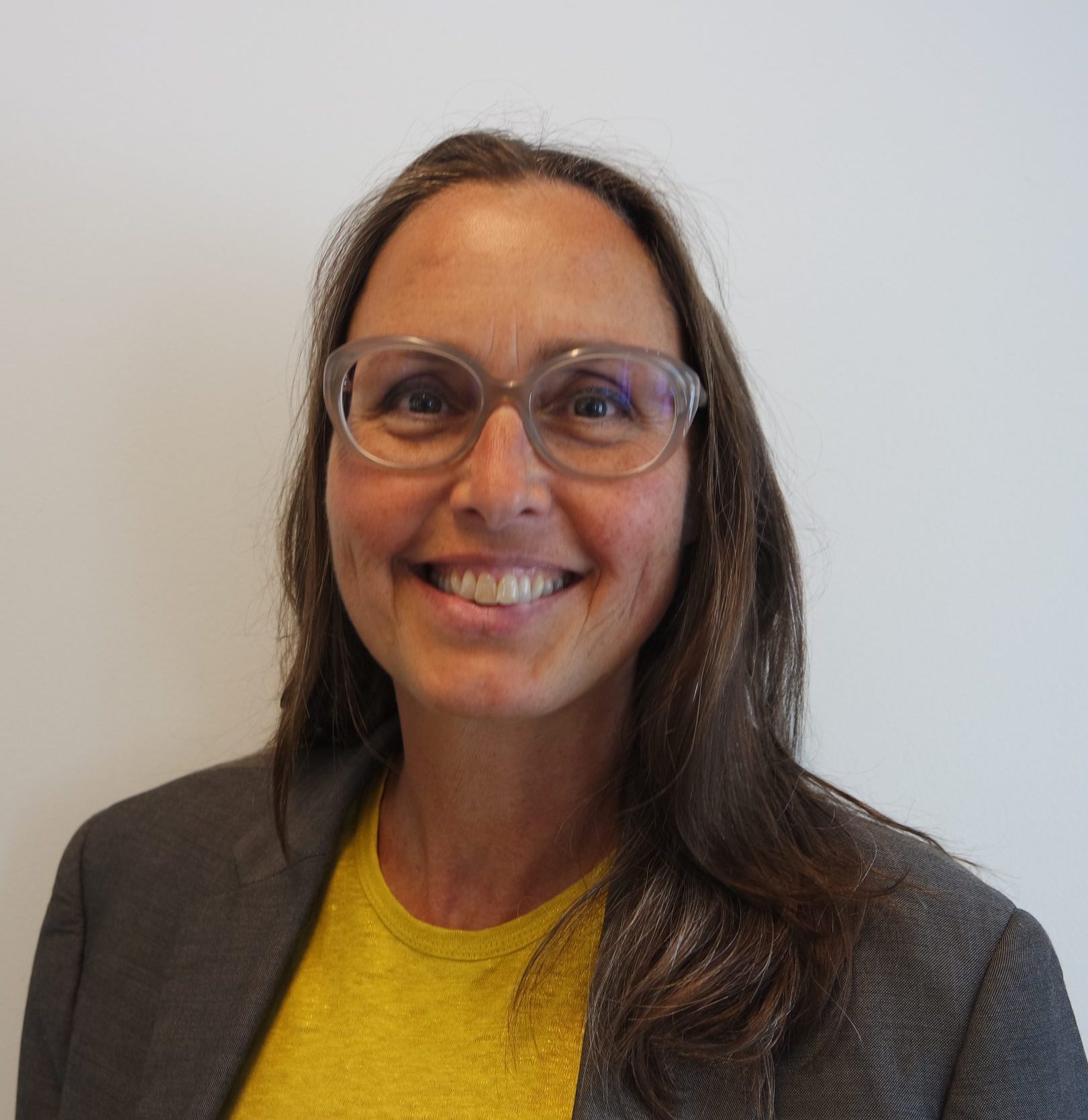 Floortje Klijn
Programme & Knowledge Advisor
Read more
Floortje Klijn
Programme & Knowledge Advisor
Read more
Floortje Klijn is NIMD’s lead thematic advisor on Women’s Political Participation. With over two decades of experience in international cooperation, working on a variety of themes in Africa, South-Asia and the MENA region. Her commitment to good governance and peace building has stood central into her numerous work experiences around the world.

Floortje Klijn is NIMD’s lead thematic advisor on Women’s Political Participation. With over two decades of experience in international cooperation, working on a variety of themes in Africa, South-Asia and the MENA region. Her commitment to good governance and peace building has stood central into her numerous work experiences around the world.
